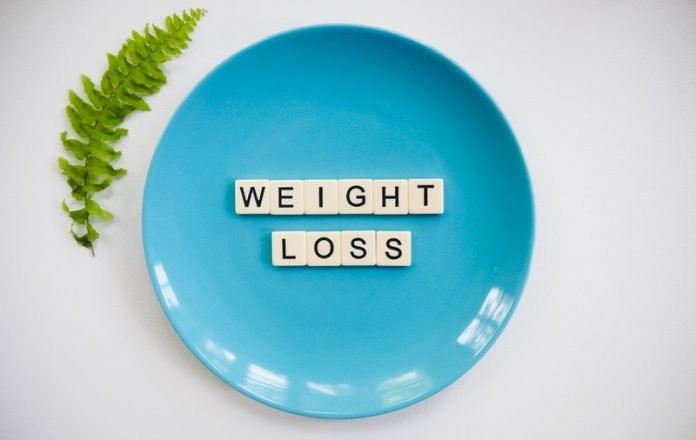
In a new study from the University of Bath, researchers challenge a popular belief that intermittent fasting diets such as alternate day fasting or the ‘5:2’ are the most effective ways to lose weight.
Over recent years, diets that see people fast on a few days each week have increased in popularity, reinforced by images of people’s miraculous weight transformations, and backed by celebrity endorsements.
However, evidence to date about the effectiveness of fasting compared with more traditional diets which aim to reduce calorie intake over the course of a full week has been limited.
In the study, the team built this evidence and found that there is nothing special about fasting.
They found participants in their control trial lost less weight when fasting in comparison with those following a traditional diet—even when their calorie intake was the same overall.
The study saw participants allocated into one of three groups:
Group 1 fasted on alternate days with their fast day followed by a day of eating 50% more than usual.
Group 2 reduced calories across all meals every day by 25%. Group 3 fasted on alternate days (in the same way as Group 1) but followed their fast day with one day eating 100% more than usual.
Participants across all three groups were consuming a typical diet of around 2000-2500 kcal per day on average at the start of the study.
Over the course of the three-week monitoring period, the two energy-restricted groups reduced this to be between 1500-2000 kcal on average.
Whereas groups 1 and 2 reduced their calorie intake by the same amount in different ways, group 3’s diet saw them fast without reducing overall calories.
The team found that the non-fasting dieting group (Group 2) lost 1.9 kg in just three weeks, and this weight loss was almost entirely due to a reduction in body fat content.
By contrast, the first fasting group (Group 1) lost almost as much body weight (1.6 kg) but only half this weight loss was from reduced body fat with the remainder from muscle mass.
Group 3, who fasted but increased their energy intake by 100% on non-fasting days, did not need to draw on their body’s fat stores for energy and therefore weight loss was negligible.
The team says intermittent fasting is no magic bullet and the findings suggest that there is nothing special about fasting when compared with more traditional, standard diets people might follow.
The study is published in Science Translational Medicine. One author of the study is Professor James Betts.
Copyright © 2021 Knowridge Science Report. All rights reserved.



